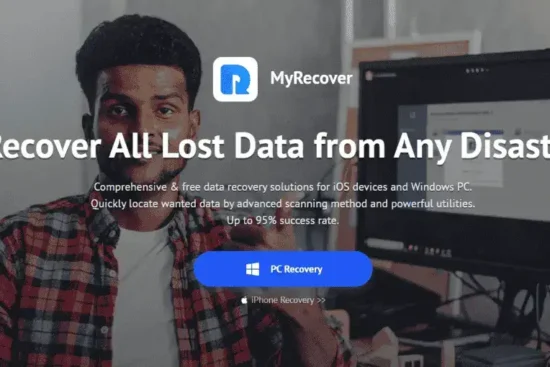
Starting a business can be an exciting and fulfilling endeavor, but it can also be daunting, especially if you are not familiar with the legal requirements. One of the questions that often come up is whether it is possible to own a business without a license.
The answer is not a simple yes or no, as it depends on several factors, such as the type of business, location, and legal requirements in your country. In this article, we will explore the topic of owning a business without a license and provide guidance on how to start a business legally.
Understanding the Legal Requirements:
Before you start a business, it’s essential to understand the legal requirements in your country or state. Most countries have specific laws and regulations that govern businesses and require them to obtain licenses or permits to operate legally. Failure to comply with these laws can result in hefty fines or legal action.
In the United States, for example, most states require businesses to obtain a license or permit to operate legally. The requirements vary depending on the type of business, location, and other factors. In some states, certain professions, such as doctors and lawyers, require specific licenses to practice.

In the United Kingdom, businesses must register with HM Revenue and Customs (HMRC) for tax purposes. Depending on the nature of the business, it may also need to obtain additional licenses or permits from local councils or other government bodies.
In Australia, businesses must register with the Australian Securities and Investments Commission (ASIC) and obtain an Australian Business Number (ABN). Depending on the type of business, it may also need to obtain additional licenses or permits from state or territory governments.
Starting a Business Without a License:
While it is possible to start a business without a license, it is not recommended. Doing so could result in legal consequences and negatively impact your business’s reputation. Additionally, operating without a license can put you at a disadvantage compared to licensed competitors.
In some cases, you may be able to operate your business without a license temporarily. For example, if you are testing a new product or service, you may be able to do so without a license for a limited time. However, if you plan to continue operating the business, you will need to obtain the necessary licenses or permits.
How to Start a Business Legally:
To start a business legally, you will need to research the legal requirements in your country or state and obtain the necessary licenses or permits. Here are some steps to help you get started:
- Research the legal requirements: Start by researching the legal requirements in your country or state. This may include registering your business, obtaining licenses or permits, and complying with tax laws.
- Choose a business structure: Decide on the legal structure of your business, such as sole proprietorship, partnership, or corporation. Each structure has different legal and tax implications.
- Register your business: Register your business with the appropriate government agencies. This may include registering your business name, obtaining an ABN, and registering for taxes.
- Obtain licenses and permits: Determine what licenses and permits you need to operate your business legally. This may include business licenses, zoning permits, health permits, and professional licenses.
- Comply with tax laws: Ensure that you comply with all applicable tax laws, such as registering for sales tax and paying income tax.

Pros:
- Flexibility: Owning a business without a license gives you more flexibility and control over your business operations. You can test out new products or services without having to obtain a license first.
- Cost Savings: Obtaining licenses and permits can be costly, especially if you are just starting. By owning a business without a license, you can save money on licensing fees.
- Time Savings: Obtaining licenses and permits can be a time-consuming process. By owning a business without a license, you can save time on paperwork and administrative tasks.
Cons:
- Legal Consequences: Owning a business without a license can result in legal consequences, such as fines or legal action. It can also damage your business’s reputation and hinder future growth opportunities.
- Limited Opportunities: Owning a business without a license may limit your opportunities for growth, as you may not be able to compete with licensed competitors in your industry.
- Lack of Credibility: Operating without a license can also hurt your business’s credibility and make it harder to attract customers or investors.
Conclusion:
In conclusion, owning a business without a license is not recommended and can result in legal consequences. To start a business legally, you will need to research the legal requirements in your country or state and obtain the necessary licenses or permits.
By doing so, you can avoid legal issues, protect your business’s reputation, and operate on a level playing field with licensed competitors. Remember to always consult with legal professionals when starting any business.
This article is written on sufficient knowledge and can have error but always follow your country’s rule and regulation.
See more for the best laptop in the world for business. You can take consultancy on fiver in few dollar.




Leave a Reply
You must be logged in to post a comment.